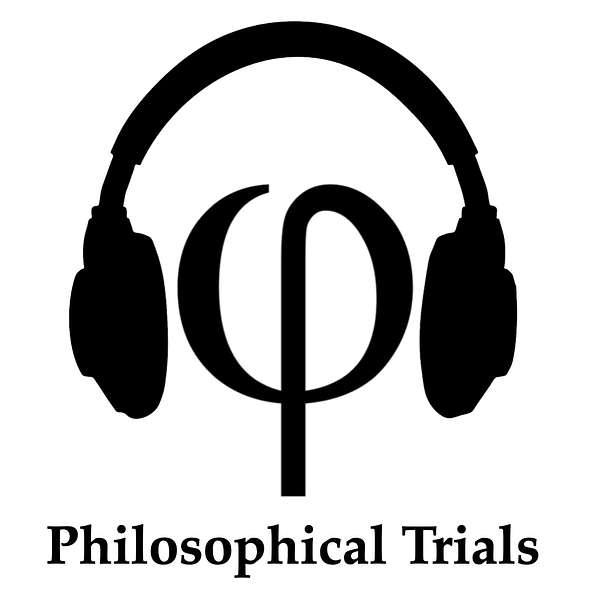
Philosophical Trials
Philosophical Trials
Peter Koellner on Penrose's New Argument concerning Minds and Machines | Episode 10
Professor Peter Koellner is a leading Logician and Philosopher based at Harvard University. He has made very important contributions to areas surrounding Mathematical Logic and today he was kind enough to join me for a discussion on Penrose's arguments against the prospects of mechanizing the mind (given Kurt Gödel's work on Incompleteness).
Note: I am sorry for the occasional internet connection problems. I hope the relevant parts can still be understood!
Conversation Outline:
00:00 What are the Incompleteness Theorems?
01:59 Why are Gödel’s results relevant for discussions concerning the mind?
03:28 Connections between Turing Machines and Formal Systems
04:20 When we talk about whether the mind can be mechanized or not, what do we mean?
06:56 Should Cognitive Scientists (or Philosophers of Mind) be interested in this discussion?
09:45 The First Generation of Arguments against The Prospects of Mechanizing the Mind
19:52 Three Versions of The Mechanistic Thesis
21:55 What makes Penrose’s New Argument harder to evaluate in theory EA+T?
22:56 Penrose’s Formulation of The Argument (Quote from his Book)
27:49 What are the explicit assumptions behind Penrose’s New Argument?
32:14 What are the indeterminate statements that Penrose uses in the argument?
36:10 Do you think we’ll ever have an adequate formal theory of type-free truth which settles Gödel’s First Disjunct (the one targeted by Penrose)?
37:18 Do you think your opponent would accept bringing the key notions of relative provability, absolute provability and truth in the setting of effectively formalized theories?
42:25 Why do you think Penrose does not abandon his New Argument, despite resistance from mathematical logicians?
44:35 Unlike Lucas or Penrose, some authors such as Hofstadter use Gödel’s results to illuminate the workings of the mind. Do you think the Incompleteness Theorems have anything worthwhile to say here?
Enjoy!
Apple Podcasts:
https://podcasts.apple.com/gb/podcast/philosophical-trials/id1513707135
Spotify:
https://open.spotify.com/show/3Sz88leU8tmeKe3MAZ9i10
Google Podcasts:
https://podcasts.google.com/?q=philosophical%20trials
Instagram:
https://www.instagram.com/tedynenu/